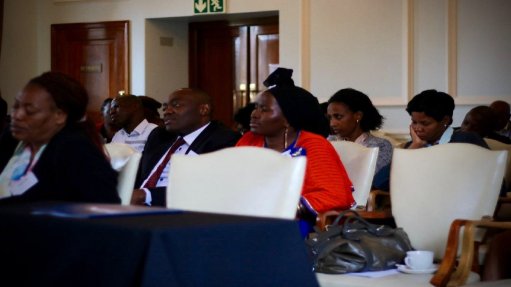
Against a backdrop of global shifts towards trade protectionism away from multilateralism in some countries, particularly in the Western world, it is promising that most African regions continue to embrace increased regional trade and economic integration. Progress on negotiations for the Tripartite Free Trade Area (TFTA) and the Continental Free Trade Agreement (CFTA) serve as evidence of African initiatives to embrace more open trade.
However, this does not obfuscate the fact that many behind the border as well as cross-border challenges continue to impede the implementation of African trade agreements. Trade Facilitation (TF) initiatives need increased attention to ensure that continental agreements as well as trade between existing Regional Economic Communities (RECs) are not only effectively implemented but in a way that is inclusive of women, younger people and Small, Medium Enterprises (SMEs). Financing initiatives to improve trade connectivity, essential infrastructure and regional integration remains a major challenge demanding close harmonisation between the trade related development goals of African governments with the efficient use of donor funded Aid for Trade initiatives.
Sponsored by the Australian Government, the Institute for International Trade and the South African Institute of International Affairs co-hosted a one-day workshop: 'The Challenges of Regional Integration, Trade Facilitation and Gender Equity for Africa,’ with the purpose of addressing a number of these challenges. The event aimed to provide a forum that articulated the major regional integration challenges confronting African economies, especially concerning gender equity and gender sensitive sustainable development. It sought to address the intersections between regional integration and trade facilitation issues through a gender sensitive lens, focusing on the challenges to inclusive trade related development while also seeking to provide practical solutions.
The panellists, respondents and moderators included a wide range of trade economists and gender experts from UNECA, UNCTAD, South Africa and Australia, as well as government and private sector trade representatives from East and West Africa. Expert input and a highly interactive workshop contributed richly towards addressing contemporary practical challenges and identifying the ways forward.
Report by SAIIA & the University of Adelaide